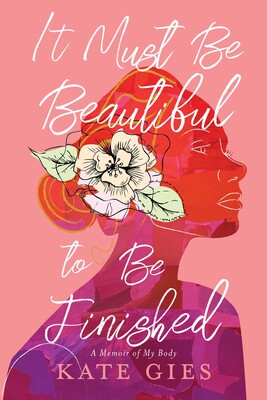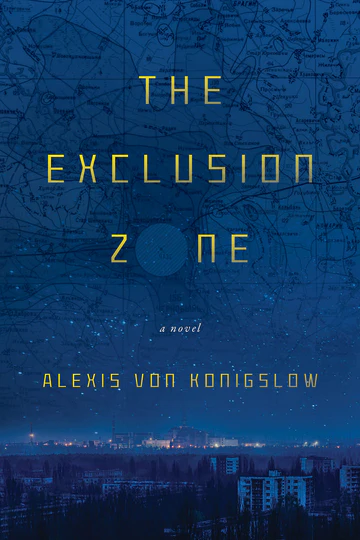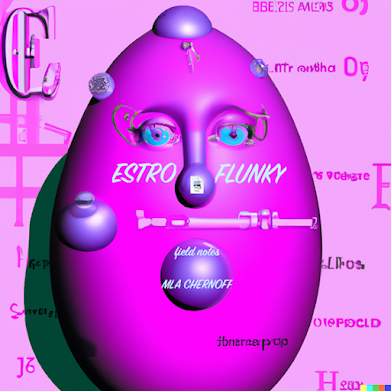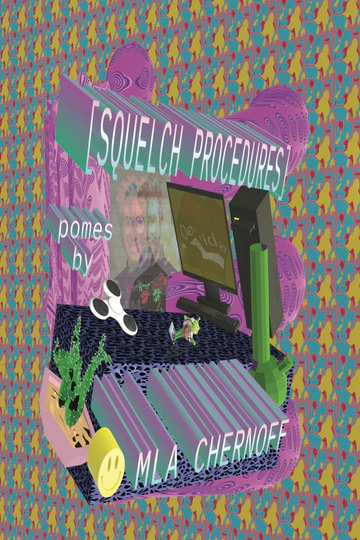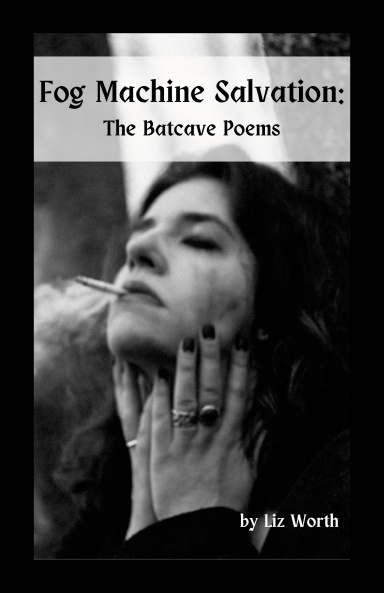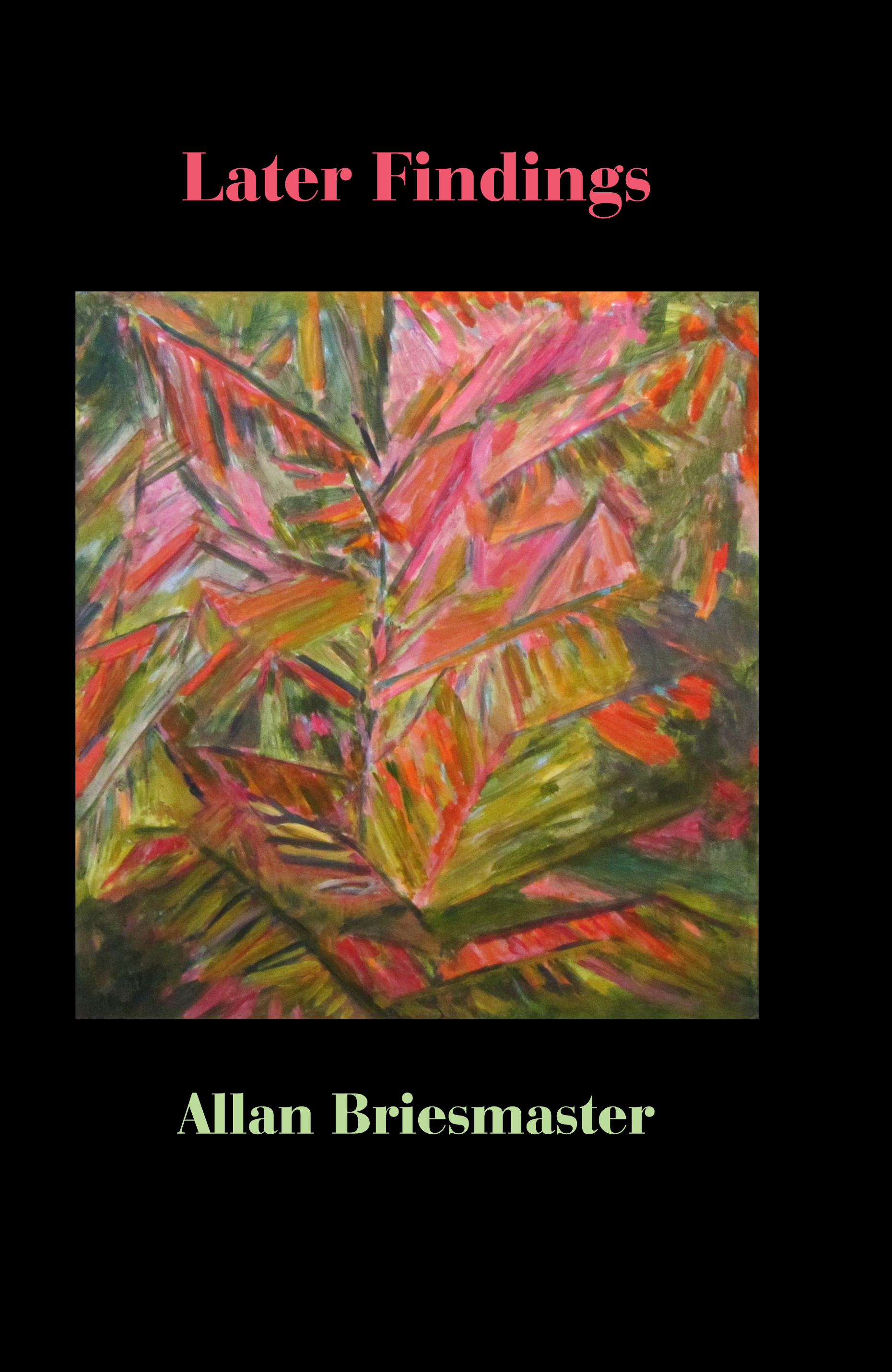Welcome to the Non-AI Heat Index of Great Summer Reads for ’25 Part 2
It brings me great joy to bring you fifteen fabulous reads for this summer. I cover the gamut, from thrillers to poetry, and there really is something for everyone – and maybe there’s more than one thing for everyone.
It’s always so inspiring to see the breadth of work on the CanLit scene, and I hope you’ll enjoy this list as much as I enjoyed putting it together.
It Must Be Beautiful to Be Finished: A Memoir of by Body by Kate Gies (Scribner Canada)
This book is a must-read for every mother, father, sister, brother, aunt, cousin, teacher and friend.
In this brilliant memoir, Kate Gies’ resilience and grace is astonishing. That she even survived this level of trauma is astonishing.
It Must Be Beautiful to Be Finished: A Memoir of My Body is beautifully inspiring and how my heart ached for every torturous medical procedure and life cruelty that Kate Gies had to suffer at the hands of oblivious, stubborn, antiquated patriarchal doctors.
And the horrific, disturbing cruelty of children. This was perhaps one of the most dismaying parts of the book. Children can be so vicious, so secretive in their cruelty and so committed to bullying others that it makes you fearful for humankind.
The unspeakable trauma that Gies suffered went on for so many years, and for what? The hubris of a surgeon and the broken perspective of what it means to be finished, complete, fixed and beautiful.
As sociology professor Heather Laine Talley says in her book, Saving Face: Disfigurement and the Politics of Appearance: “When the difference is congenital, there is no original-body reference point. The reference for us was non-variant bodies that were never our own. The reference was imagined, envisioned by doctors.”
“Disfigurement (as a diagnostic category),” Talley writes, “materializes through the medical gaze. Facilitated by medical technologies that frame and focus the physician’s optical possession of the patient, the medical gaze abstracts the suffering person from her sociological context and reframes her as a ‘case’ or ‘condition’ to be fixed.”
Such an ordeal for an ear that would never hear. An “ornamental” ear “harvested” (such a brutal term for the vicious, invasive farming of the self), from a small child’s skin and ribs.
And the ordeal of Kate’s mother. How terrible to watch your child suffer so. To feel unavoidably complicit and powerless in face of the medical juggernauts. But how lovely that Kate and her mother read the manuscript together, prior to publication – how healing.
There are so many things I’d like to say to Kate Gies. That I have no doubt that my seed wouldn’t have grown either. (Read the book.) That I’m so sorry for all the medical, social and emotional abuse she had to suffer and for all the emotional scars which would be so incredibly hard to heal.
It’s small consolation but this crucial, critical book is essential reading and it will help build a new world, with new benchmarks of what surgeons should take into consideration when they’re thinking in terms of beauty, and what definitions of “fixed” and “finished” should be – not that these definitions should exist at all.
The Exclusion Zone by Alexis Von Konigslow (Buckrider Books)
Who isn’t completely fascinated by Chernobyl? The Exclusion Zone takes us there with a gripping, suspense-filled thriller with a fascinating twist.
A group of scientists of varying disciplines head over to the exclusion zone to conduct research into wolves, birds, soil – and fear as expressed via involuntary body language: the tightening of facial muscles and the like.
The latter term, body language, simplifies the goal: Renya, the protagonist, posits that it’s possible to detect genuine fear, fear disguised by evasive corporate bland-speak and, from those detections, to gather data (to acquire readings from a fear barometer, as it were), and these objective indicators would serve as red flags and be able to anticipate fear. Renya notes the clear distinction that fear is not the same as lying and is far more powerful:
She listened to the squeak and whisper of her sneakers on the hard-pressed dirt, and watched as the forest flew by. She felt the adrenaline and endorphins pump to her every extremity. Happiness was for suckers. It was a waste of time. It led nowhere. Contentment meant decay. Satisfaction was complacency. Nobody invented vaccines because they were content. Nobody invented new technologies because they were into the status quo. Fear was motivating. Fear made you think, made you search, made you seek and find and find and move and work. In terror, you found power. This was progress. This was living.
Add to the mix a complex, conflicted relationship with her ex-husband – or not ex-husband – Nick, and the allure of on-site Russian bad-boy, Yuri, who is undeterred by the dangers of radioactivity and offers to take Renya everywhere she wants to go (and beyond), despite her awareness of the increasing risks to herself.
Friendship, sexism in the workplace, the quest to find one’s place in the world, the role of science and scientists in the world, all of these are explored and more, as is the history of Chernobyl and all against the backdrop of the eerie, desolated aftermath of the deserted, radioactive city.
The Exclusion Zone offers a vicarious excursion, cinematically described down to the tiniest detail. I thoroughly enjoyed the weaving of scientific data into this thriller, the sexual tension and the journey of self-discovery.
It may sound odd, but disappearing into this radioactive thriller is a highly enjoyable escape from the real world, and you’ll enjoy the book in one sitting because you simply can’t stop reading it until the very last page.
Estro Flunky by MLA Chernoff (above/ground press)
In case you’re new to MLA Chernoff, they’re a Toronto-based poet, performance artist, meme enthusiast and recovering academic. Their debut full-length poetry collection, [SQUELCH PROCEDURES], was released by Gordon Hill Press in 2021. MLA is also the author of several chapbooks, including delet this (Bad Books, 2018), TERSE THIRSTY (Gap Riot Press, 2019), I'M LIKE THE GREAT GRANDCHILD OF MARX & COCA-COLA (BUT NON-BINEY) (845 Press, 2022) and ESTRO FLUNKY (above/ground press, 2023).
I completely loved [SQUELCH PROCEDURES] and was delighted to read ESTRO FLUNKY.
I delight in the workings of MLA Chernoff’s wondrous mind as they deftly juggle words, images, emotions, sights and sounds.
Sharply insightful, citrus and crackling, ESTRO FLUNKY is a reader’s delight. Political, sexual, life-affirming, life-analyzing, brilliantly insightful and incredibly, unfathomably clever, ESTRO FLUNKY’s “pomes” are woven with the minutiae of life’s tragedies and the overwhelming challenges of life:
“Seasonal Repressive”
Because feelings are
H=A=R=D
and all games
inevitably
stop
short.
Or from “Soyjacking”
Lusting prosaic,
actually: if anything.
If things must be hushed
to the extreme, this is a tomato timer,
a political fiction, a fear of the self,
keying futurity, slashing its tires.
A collection I will repeatedly return to, to plumb the depths of MLA Chernoff’s most wondrous mind.
[SQUELCH PROCEDURES] by MLA Chernoff (Gordon Hill Press)
I wrote this of [SQUELCH PROCEDURES] published by Gordon Hill Press:
“In [SQUELCH PROCEDURES], MLA Chernoff contemplates the ways that trauma, poverty, and strict gender norms rupture the concept of childhood. The tension of multiple meanings in the word ‘squelch’ acts as a guide to Chernoff's unique voice, which uses language to swaddle intrusive thoughts and mimic defense mechanisms such as avoidance, depersonalization, and derealization. [SQUELCH PROCEDURES] is an ambitious attempt to show how healing and regression are often indistinguishable, while the past is always predisposed to happen more than once: first as tragedy.”
My Review:
This is the shortest review I’ve ever written: this work is sheer genius. Whatever you do, don’t miss out on reading [SQUELCH PROCEDURES]. It’s a wildly original, completely absorbing, fabulous collection.
Fog Machine Salvation: The Batcave Poems by Liz Worth
If I could be a poem, I hope Liz Worth would write me. Pick up a copy of Fog Machine Salvation: The Batcave Poems to travel back in time and lose yourself on the sweaty dance floor, feel anonymous and free, content to float in the timeless moment.
There’s always something magical about Liz Worth’s writing and this snow globe of 80s delight is a microcosm of the time, or perhaps it’s a disco ball, each tiny mirror recording the longings and desires, secrets and fears of every partygoer.
When the unforgiving dawn breaks, all that’s left is a lipstick smudge and tired mascara and the eternal memory of a perfect, shiny moment.
And that moment is brought to you by Liz Worth in Fog Machine Salvation: The Batcave Poems.
As Worth says: “These poems are cut-ups, collages, and remixes of several texts about the Batcave, an early ’80s club-night that is considered to have birthed London’s goth movement.
These poems are not meant to be historical documentation or revisionist history of the Batcave and its adjacent scenes. The idea to play with old interviews and articles about the Batcave, and about the people who were part of it, was intended as a poetic constraint.
At the same time, these pieces may evoke or revive a sense of ambience or atmosphere of the time. They may speak to the spirit of the moment. I can’t say for sure, though, as I wasn’t there.”
I was there – not in the Batcave in London, but in the Chelsea Underground in Hillbrow JHB, in the 80s and I can say for sure that these poems do speak to the spirit of the movement and how fantastic, to be transported back.
The collection’s dedication itself is delightful: “This project is dedicated to anyone who feels most themselves when the lights are low and the music is on.”
Here’s one of my faves of the collection, “Velvet Implications”:
On Wednesday nights in Soho
it felt like there were
10 million people
watching me.
I was a colour Xerox,
a vinyl cabaret.
Even my shoelaces were a
moment in time, tangled
in velvet implications.
Fog machine salvation on the dancefloor.
Sometimes I was all black. Sometimes I was all bright,
green and yellow, the tension between neon fire-flies and
street corner backdrops and
the lures of a thousand sighs.
It was a time of endless possibilities, noted by Worth in this excerpt:
“Everybody pointing and laughing”:
I can do what I want to do
and no one’s gonna stop me.
And, from “My life plan”:
I ended up at a party
for about six months, makeup all over my face.
It was a major learning curve to find my way back.
Sometimes I’m not sure I did find my way back and when I read Fog Machine Salvation: The Batcave Poems, I understand why I didn’t want to.
Life was a party, we all thought things would work out just fine, with fame and fortune, as noted in “To become an icon”:
I was hanging around
vaguely drunk
with a need to be adored.All I could find was the emergence of —
I was on platforms and in
massive white trousers with the
bottom knocked out, split and glued.It didn’t really matter what you
looked like.
To become an icon was simple.
Anyway, reader, you get the idea – so now all you need to do is buy the book!
Later Findings by Allan Briesmaster (Ekstasis Editions)
Later Findings is an extremely thoughtful collection, one to return to, to study, to ponder.
A beautiful start with “Gone Astray”:
And yet not without a path:
One I am choosing, met by seeming chance
or a small stumble – no least idea where
it’s headed. Or, was I led to this pivot-point
by merciful grace? Brought here to re-uncover
something of self which had got overlaid
when various parties mapped and charted me.
And “Spilled Resolutions, 75th Year”:
Protect, resist, restore. And, staying aware,
channel my latent anger. Act as well
as pray. As if there is a basis left
for hope (while nothing “manifests”). As if
the better portion of who I become
expends into what might be called a purpose.
What a healing balm of a poem. The entire collection is intelligent, gentle, empathetic, powerful and faith-full. These are poems to be read out loud, to capture the complex nuances of philosophical and ethical contemplation.
From “Pledges”:
Let me think wisely, without over-planning;
maintain sense, ease off, keep the channels loose
for alien grace that outshines the keenest reason.
Briesmaster doesn’t hold back when it comes to the good and bad of our political world, our destructive, plastic-riddled, AI-driven, war-torn world but ultimately, all we can do is hold out hope for freudenfreude for all:
From “Freudenfreude*”
Your very blood sings at such blithe disclosure.
that single moment’s clear power upheaves
the sour burden the breadth of life bears.
… Illuminates one’s farings-on: in less despair.*A word for the bliss we feel when someone else succeeds, even if we weren’t directly involved. From the German word for “joy.” The opposite of shadenfreude, or pleasure felt when witnessing someone’s misfortune.
And that’s all folks, there you have it: fifteen fabulous summer reads and I hope you’ll enjoy them all as much as I did!
